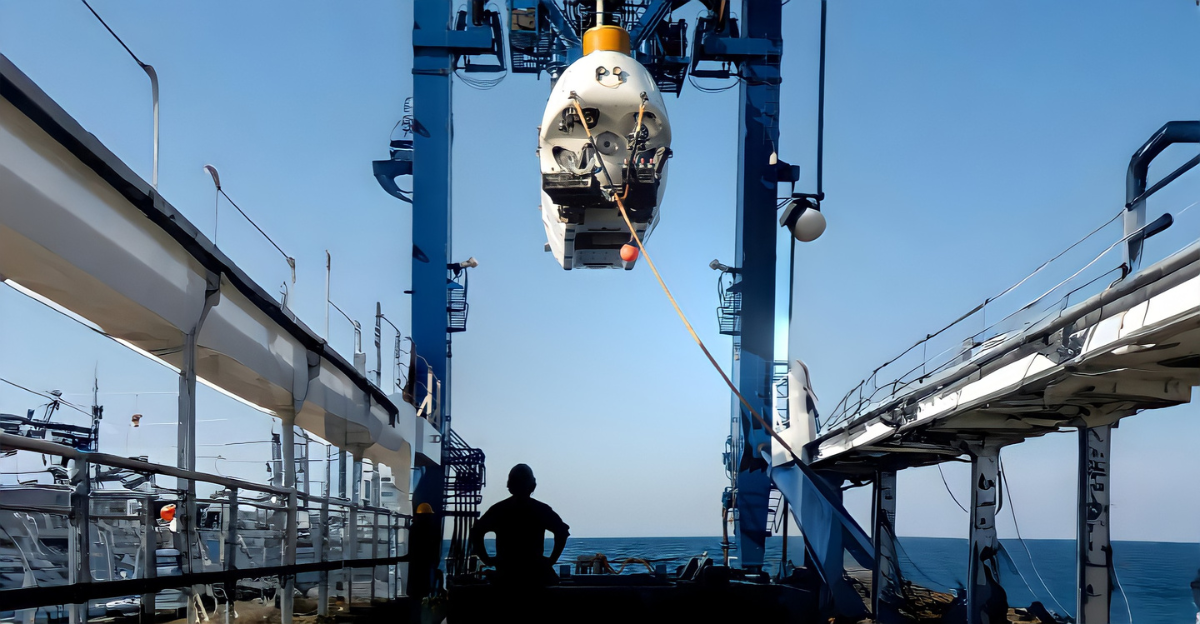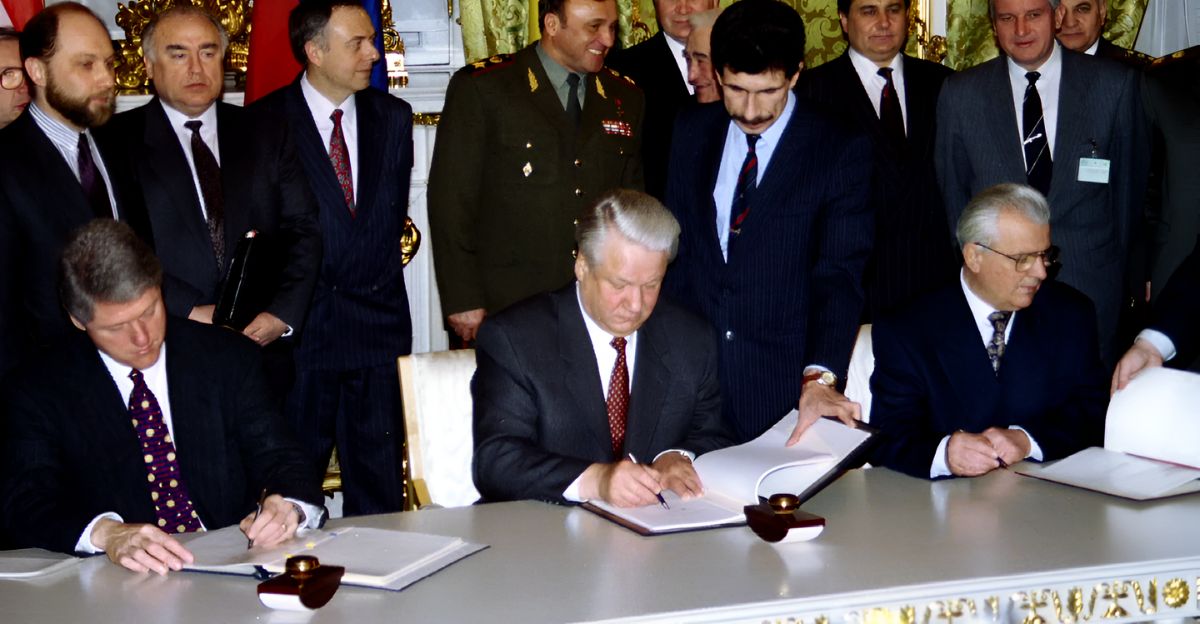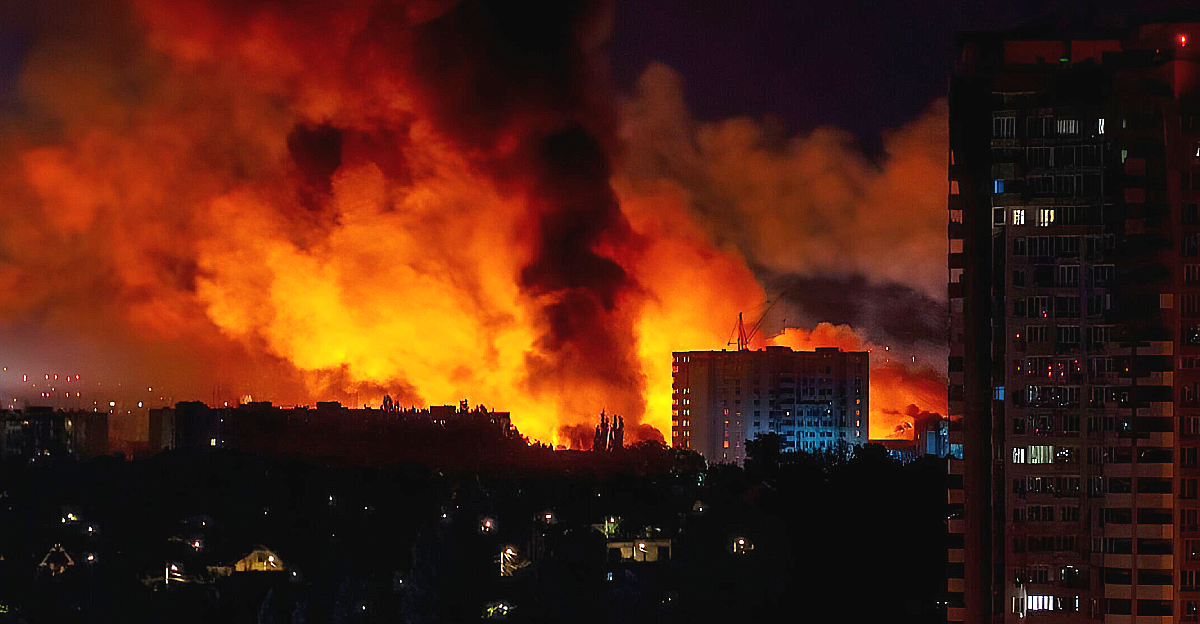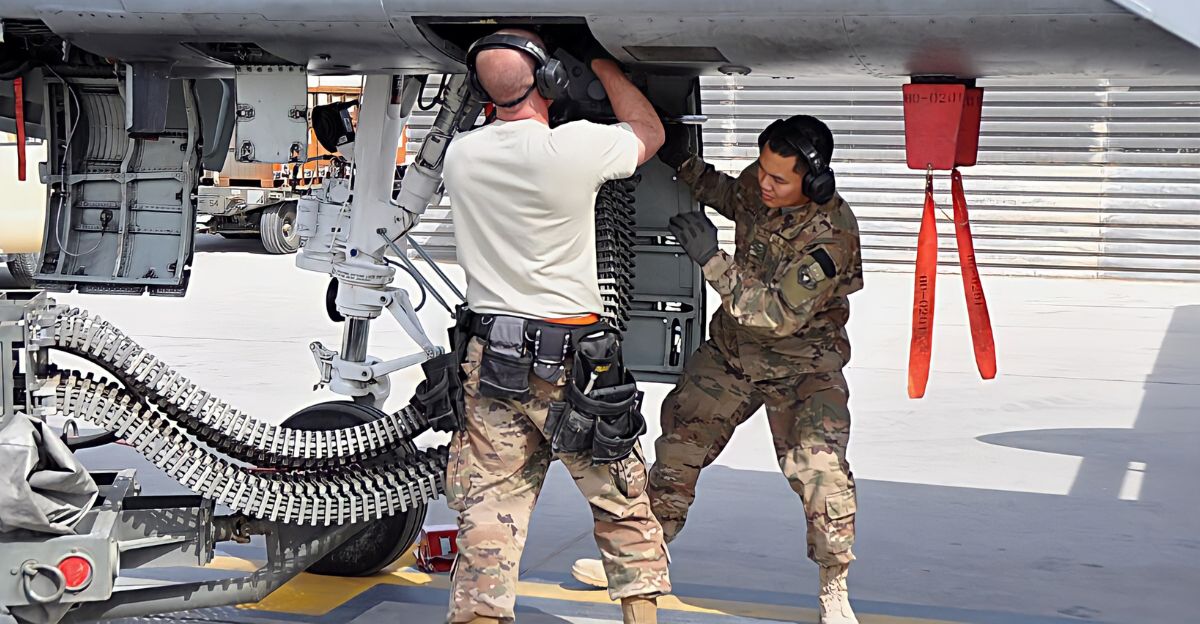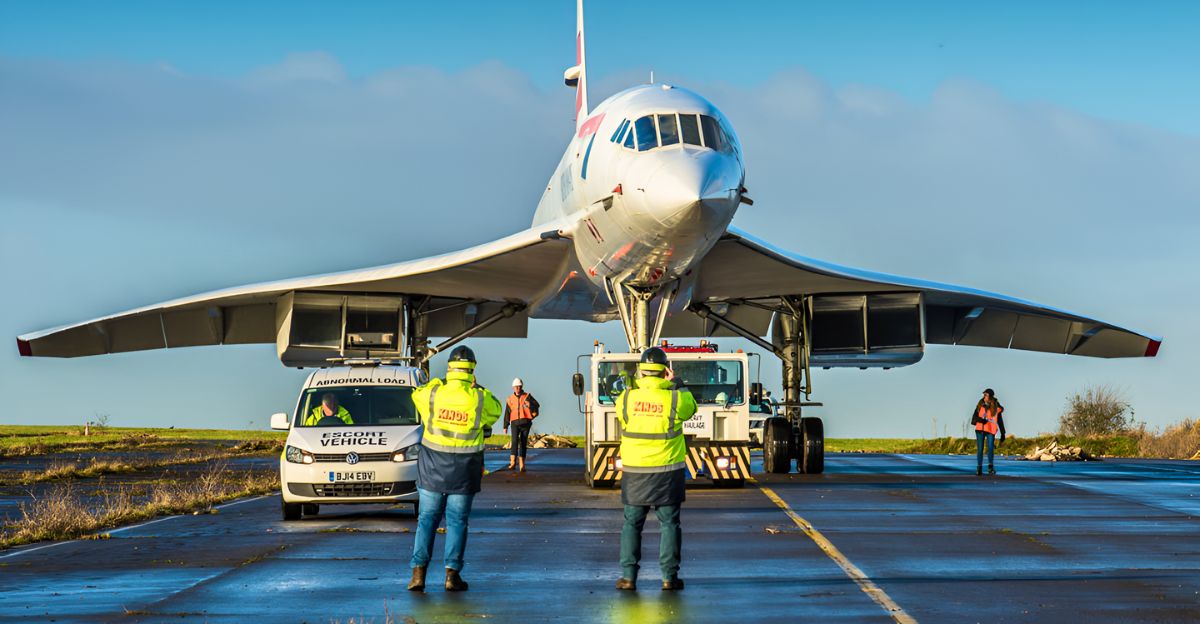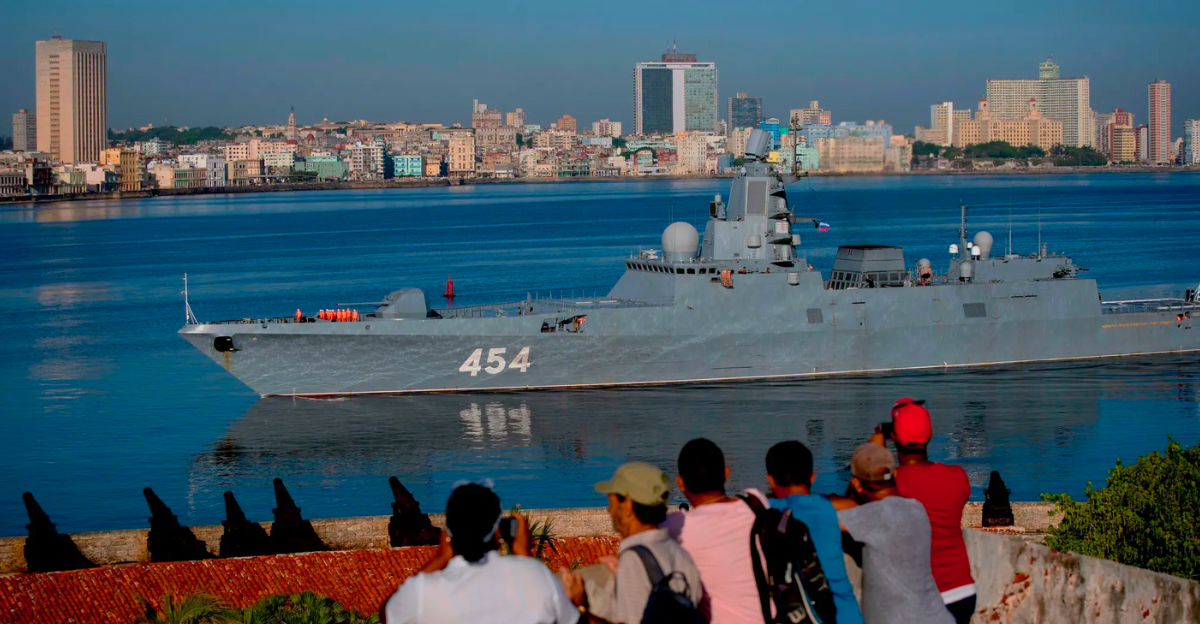
The English Channel, a centuries-old crossroads of trade and conflict, has become the focus of a new maritime mystery. Over the past weeks, naval enthusiasts and digital sleuths on Reddit and TikTok have tracked unusual Russian naval movements, sparking speculation and debate. Is this just another routine patrol, or does it signal something deeper? The presence of a Russian warship in these waters isn’t unprecedented, but the timing amid global uncertainty and sanctions raises eyebrows.
The Channel’s calm surface now hides a strategic ripple that could disrupt not just shipping lanes but the balance of power itself. As rumors swirl and facts emerge, the world is left asking: Why now, and what does this mean for Europe’s security and the global order? The answers, as we’ll see, are layered and far-reaching.
Why the English Channel Matters to Everyone
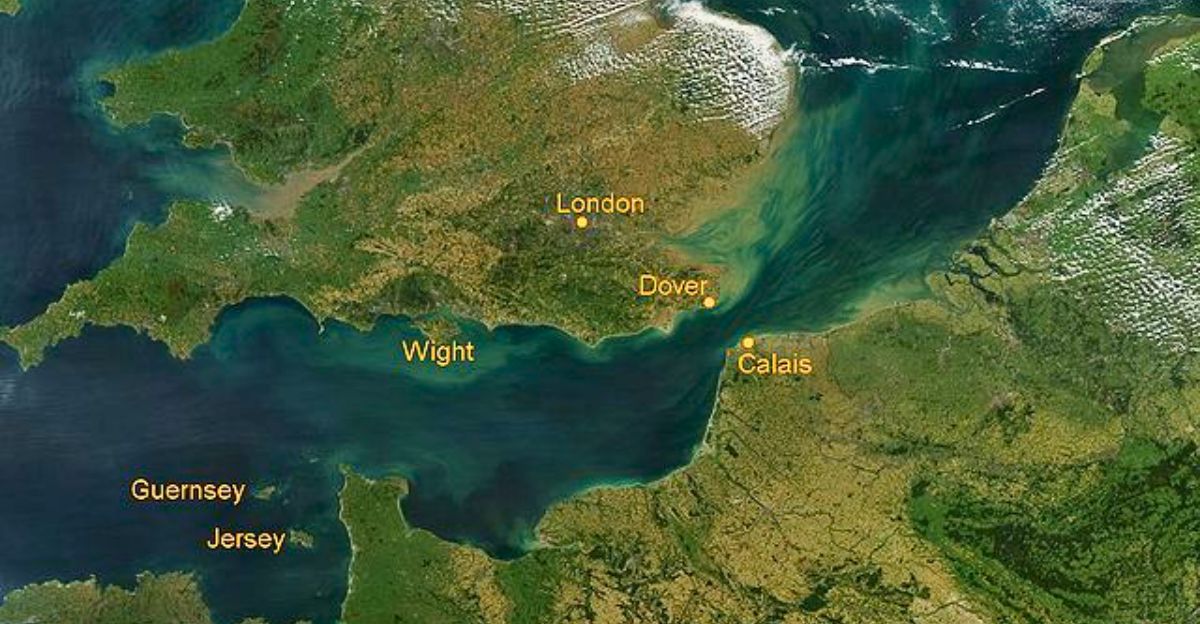
The English Channel is more than a strip of water separating Britain from mainland Europe; it’s a vital artery for global commerce and a linchpin of NATO’s maritime security. When a Russian corvette starts escorting vessels here, it’s not a mere show of force; it’s a calculated message to London, Brussels, and Washington. The Channel’s proximity to British shores means that any escalation could have immediate consequences for national security, trade, and diplomatic relations.
London’s response has been swift: Royal Navy warships and helicopters now shadow these Russian movements, underscoring the seriousness of the situation. This isn’t just military theater; it’s a high-stakes game where the ripple effects threaten to destabilize economic flows and diplomatic ties in a region already on edge.
Echoes of the Past: Naval Shadows and Cold War Ghosts
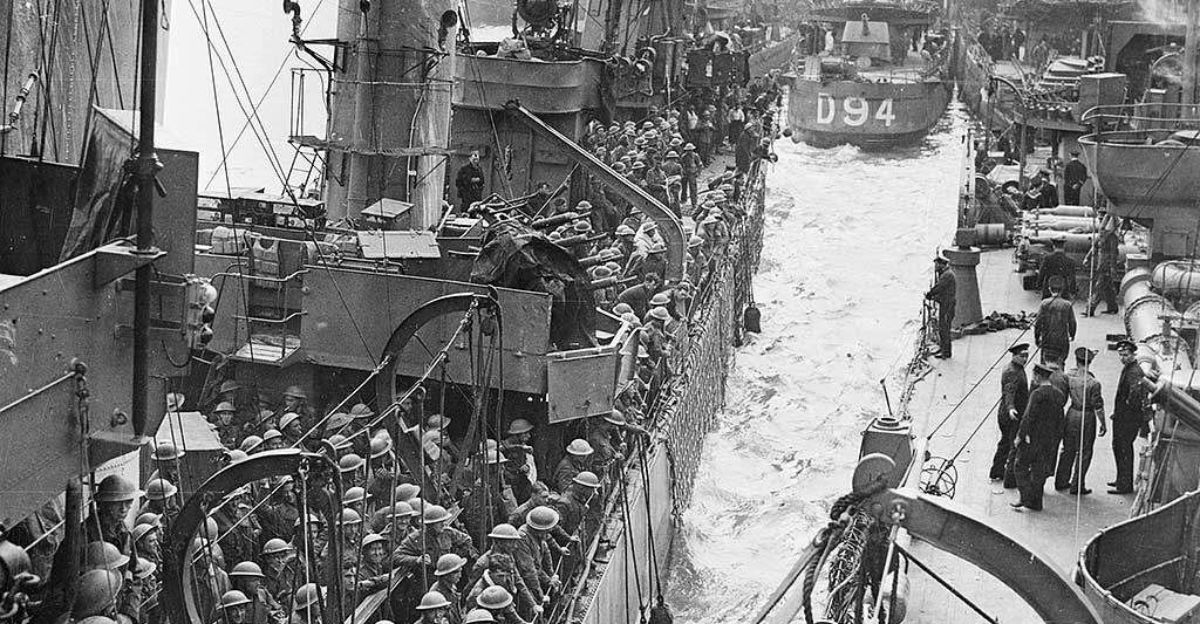
If this all feels familiar, the English Channel has long been a stage for superpower rivalry. During the Cold War, these waters saw countless cat-and-mouse games between NATO and Soviet navies, each maneuver scrutinized, each passage fraught with political meaning. Today’s events echo that history but with a modern twist: the Russian corvette Boikiy isn’t just shadowing any ships, but tankers belonging to a so-called “shadow fleet” that skirts Western sanctions.
The ghosts of past confrontations now mingle with the realities of 21st-century sanctions and energy politics. This isn’t nostalgia; it’s a reminder that old patterns persist, shaping new conflicts and strategies in unpredictable ways.
The Decline of Maritime Norms: Sanctions and Shadow Fleets
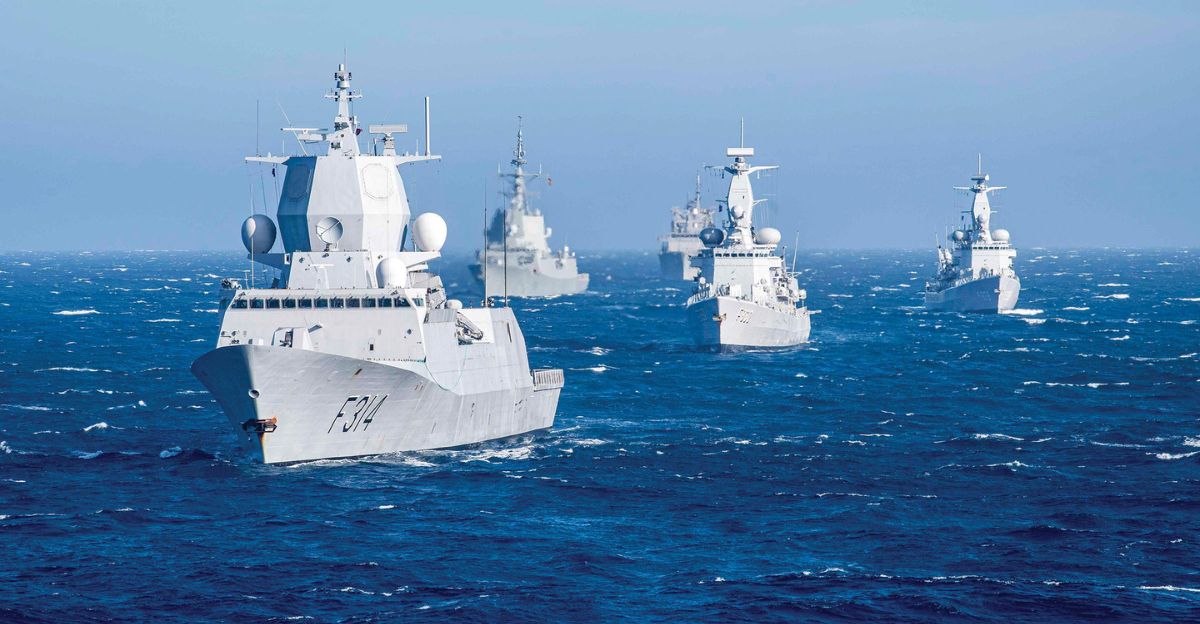
Beneath the surface drama lies a more troubling trend: the erosion of established maritime norms. Russia’s “shadow fleet” of sanctioned tankers, often sailing under obscure flags like Palau, operates in legal gray zones to bypass Western restrictions on oil exports. By dispatching a warship to escort these vessels, Moscow signals a willingness to militarize economic routes and challenge the effectiveness of sanctions.
This move complicates the job of NATO navies, which must now navigate not just military threats but legal ambiguities and economic warfare. The ripple here is profound; international law and maritime order are being tested in real time, with consequences that could reverberate far beyond the Channel.
Russian Navy Escorts Sanctioned Tankers Through the English Channel
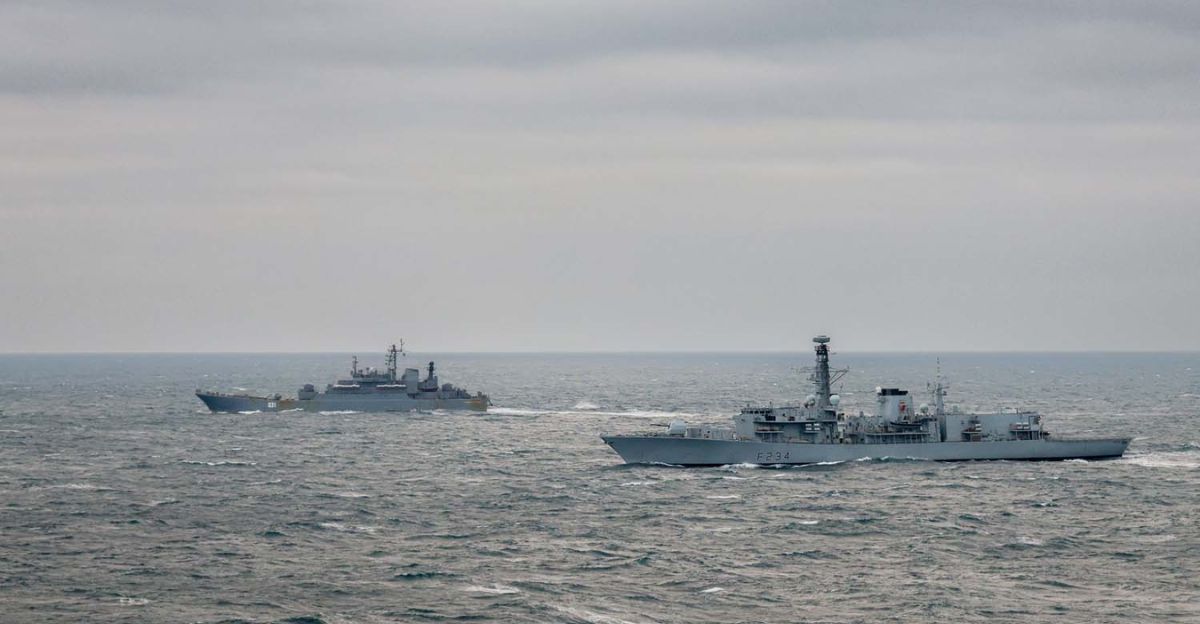
Here’s the story’s heart: for the first time, a Russian warship, the Steregushchiy-class corvette Boikiy, has openly escorted two sanctioned tankers, Sierra and Naxos, through the English Channel. This isn’t just a bold assertion of Russian naval power but a direct challenge to Western sanctions and the rules underpinning global trade.
The operation blends military might with economic defiance, signaling that Moscow is prepared to defend its interests by force if necessary. What might have seemed like a routine passage is, in fact, a geopolitical flashpoint, transforming the Channel into a frontline of the new global contest.
British Waters Under Watchful Eyes
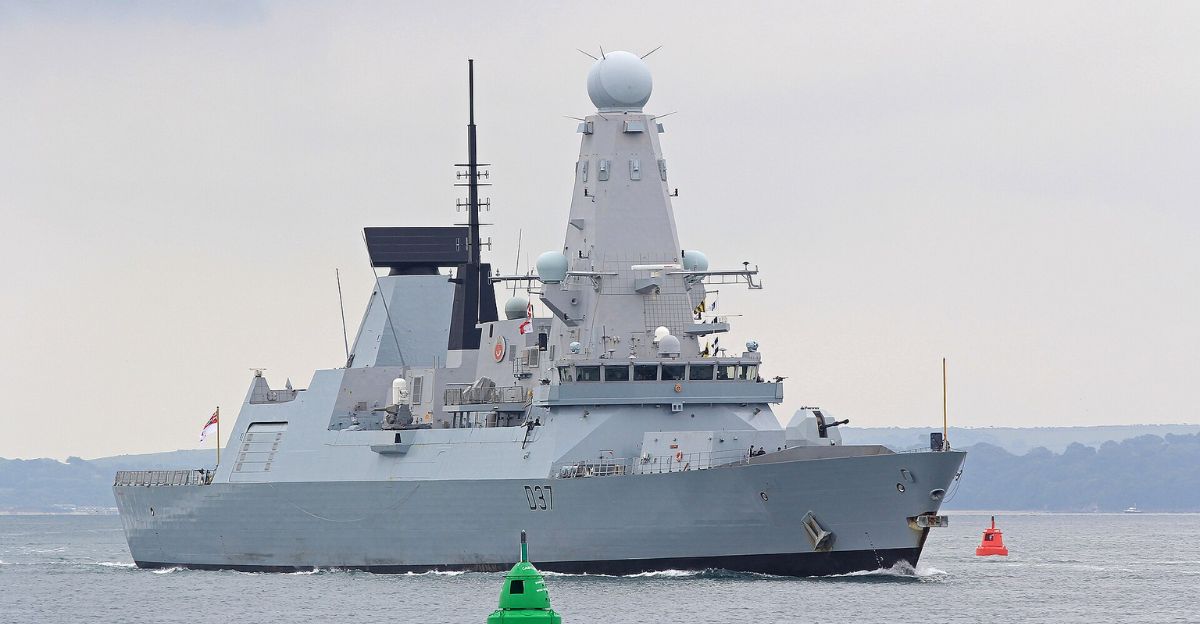
This isn’t an abstract geopolitical drama for the United Kingdom; it’s happening in their backyard. British warships like HMS Duncan and HMS Mersey have been deployed to shadow the Russian convoy, reaffirming the Royal Navy’s commitment to protecting national waters and upholding international law.
Coastal communities and maritime industries now find themselves on edge, as increased military activity heightens the risk of miscalculation. The Royal Navy’s vigilance offers reassurance but also underscores how fragile peace and stability can be in these crowded waters. The ripple effect is that personal security and uncertainty are felt close to home.
Human Stories Amidst Steel and Sea
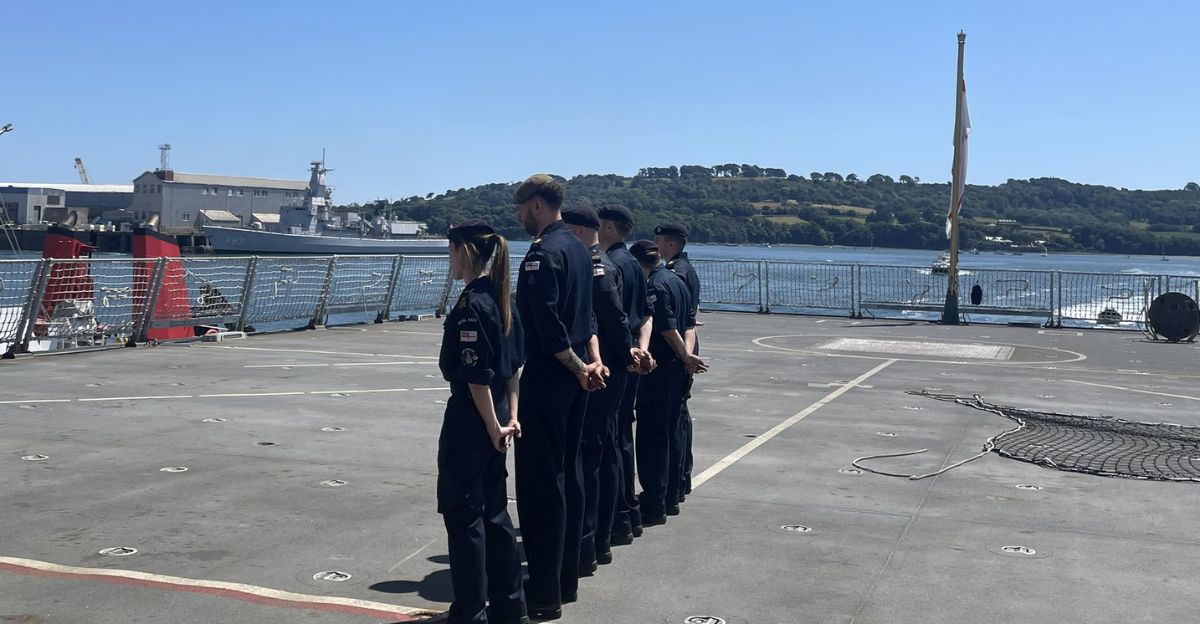
Beneath the headlines and hull numbers are real people grappling with extraordinary pressures. British sailors aboard HMS Duncan and HMS Mersey maintain a constant state of alert, balancing professionalism with the tension of shadowing a potential adversary.
On the Russian side, crews aboard Boikiy and the shadow fleet tankers operate under intense scrutiny, reportedly burning sensitive documents and operating machine guns as they pass through the Channel. These human stories remind us that individuals far from the negotiating tables live and feel every geopolitical standoff; they carry the burden of decisions made in distant capitals.
NATO’s Response and the Global Naval Chessboard
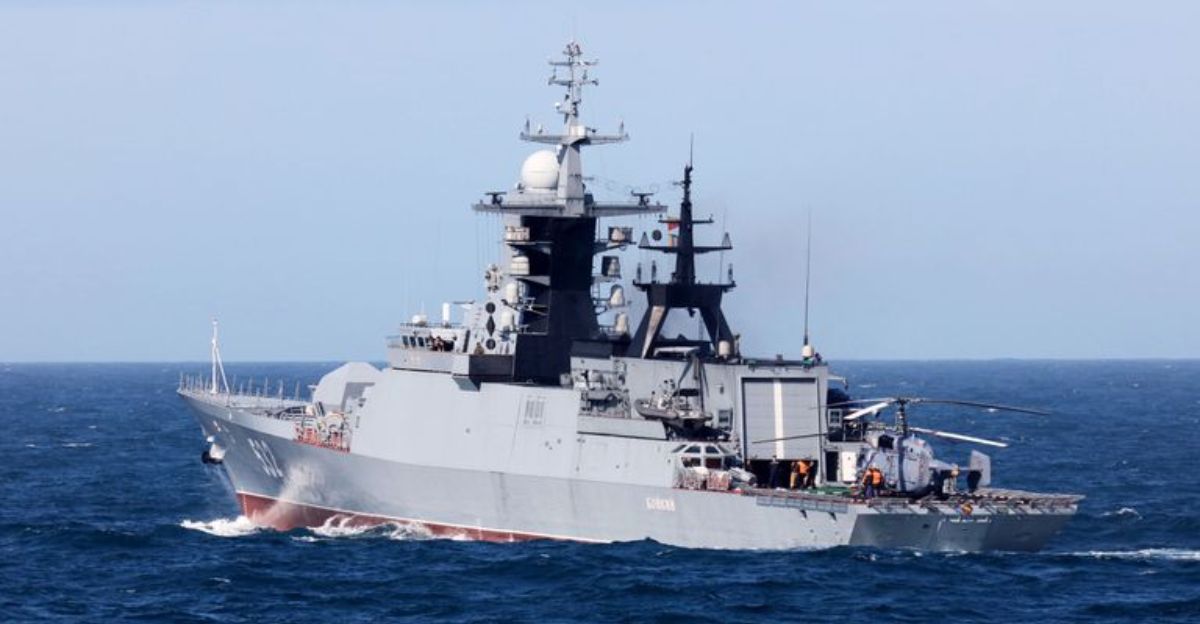
The Channel drama is not unfolding in isolation. NATO allies, British, French, Dutch, and others, are coordinating closely to monitor Russian movements, turning the Channel into a microcosm of a broader strategic contest. This collective vigilance extends beyond these waters, reaching into the North Sea and the Mediterranean, and signals a new phase of naval rivalry.
The ripple effect here is the intensification of deployments and surveillance, which could strain alliances and budgets even as it bolsters collective security. Every escort and counter-escort becomes a move in a global chess game where the stakes are nothing less than the rules of engagement for the 21st century.
Sanctions, Supply Chains, and Energy Security
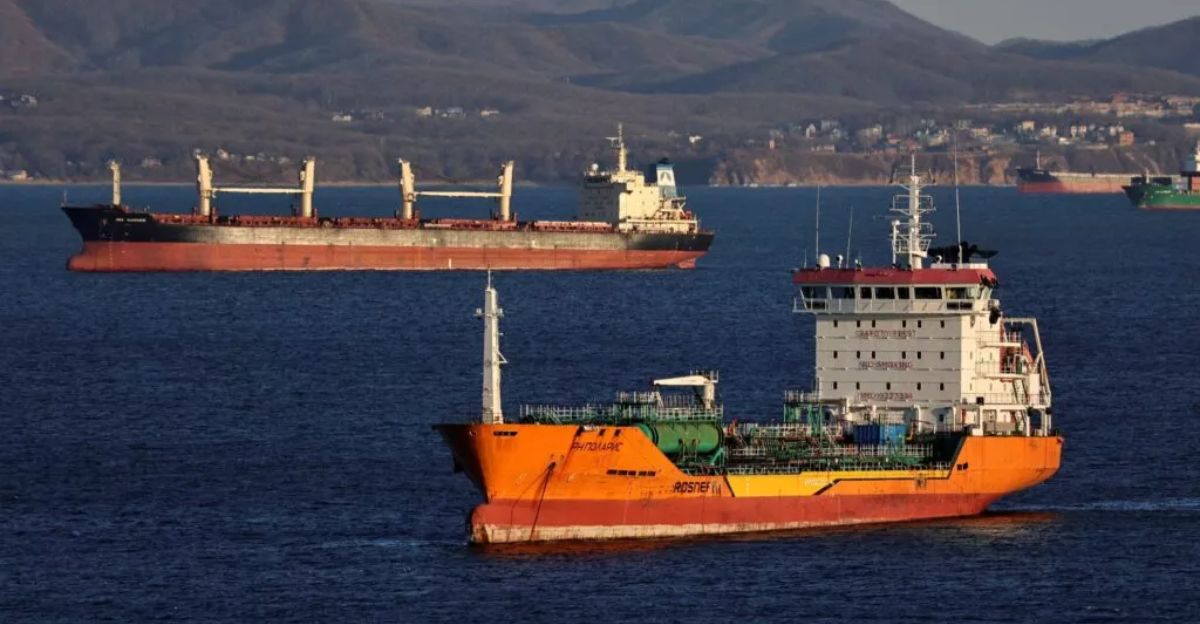
The implications of these naval maneuvers stretch far beyond the military sphere. As Russia militarizes its oil exports, Western countries face the challenge of enforcing sanctions without destabilizing global energy markets. This tension pressures industries to adapt, accelerating the search for alternative energy sources and supply routes.
Consumers, too, may feel the ripple at the gas pump, in utility bills, and in the shifting alliances that shape global commerce. The Channel’s drama is a reminder that distant geopolitical moves can have direct, tangible effects on daily life, boardroom decisions, and national economies.
Navigating Uncertain Waters
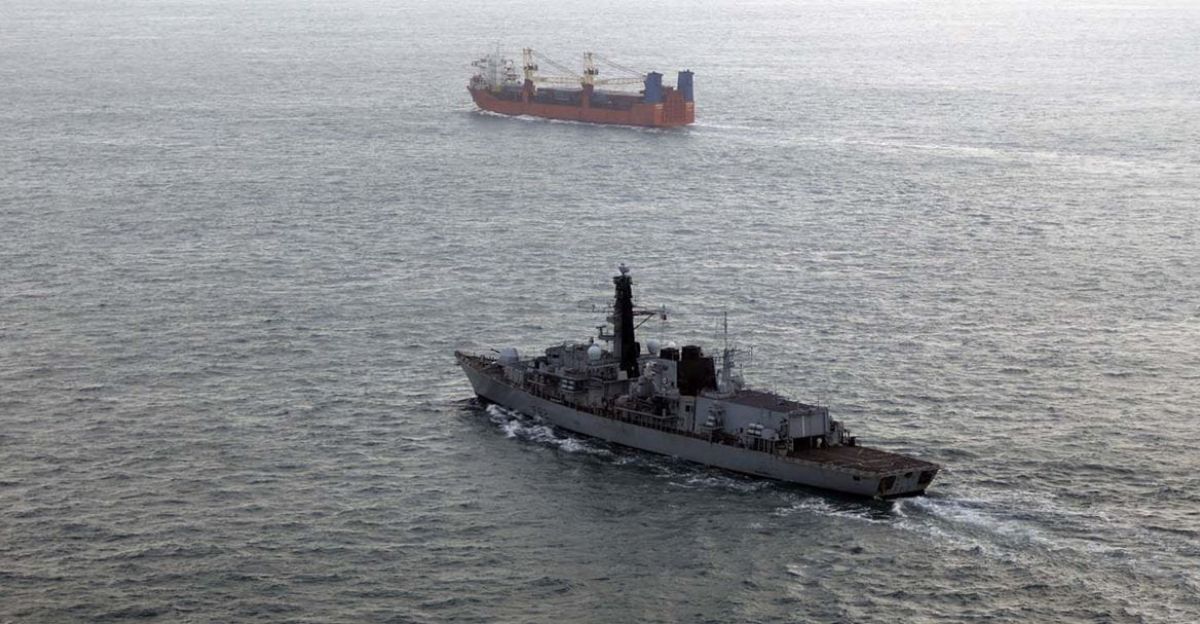
So, what comes next? The Russian Navy’s escort mission in the English Channel could start a new era of militarized economic escorts, complicating maritime security and international diplomacy.
Will NATO’s vigilance deter further escalation, or could it spark a new naval arms race on Europe’s doorstep? Social media platforms like Reddit and YouTube are alive with debate and speculation, amplifying both awareness and anxiety. In this noisy space, staying grounded in fact and insight is vital. For years, the Channel’s ripples have been part of a larger tide shaping geopolitics, trade, and security.

